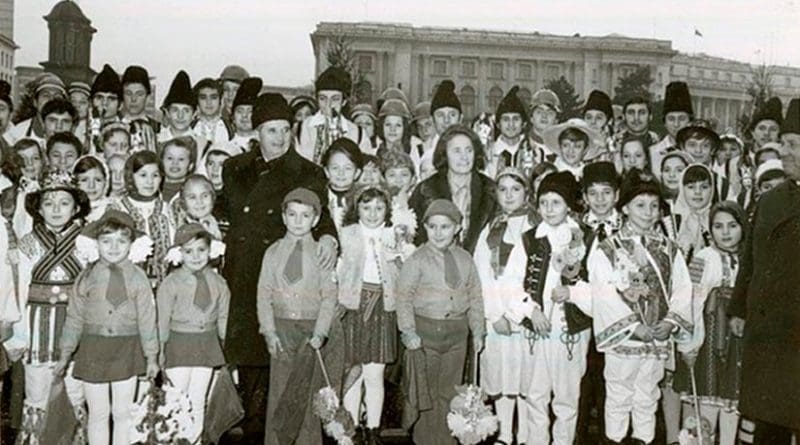Romania: Prosecutors Asked To Probe Orphanage Deaths
By Ana Maria Touma
Romania’s state-funded Institute for the Investigation of Communist Crimes on Thursday submitted a demand for the Attorney General’s office to investigate 771 deaths in the now infamous Communist-era orphanages for children with disabilities.
The listed deaths occurred in three centres for children with disabilities – at Sighetu Marmatiei, in the north, Cighid, in the north-west, and at Pastraveni, in the east – between 1966 and the fall of the regime in 1990.
Researchers said they are just a small fraction of a much wider investigation that is needed into Romania’s 26 “special orphanages”, whose personnel are accused of inhumane treatment of children.
Most the deaths on the ICCMER list submitted to prosecutors occurred as a result of pneumonia or chronic encephalopathy, but researchers say the illnesses were triggered by the inhumane conditions: cold, lack of proper hygiene and medical care, starvation, rat infestation, and violence and beatings.
After the fall of the regime, images of starving, naked and sick children found in overcrowded Romania’s orphanages shocked the world.
But, despite many media reports and requests by human rights organisations, Romania has never investigated the deaths or prosecuted possible crimes.
The infamous orphanages appeared after the government in 1966 banned abortions, initiating one of the most restrictive demographic policies in the world, historians at the ICCMER say.
“Forced population growth … with no respect for human beings and without ensuring decent living conditions, resulted in an increase in birth deaths as well as infant deaths, but also increased the number of children born with congenital malformations, both physical and psychological [so] … many children simply ended up orphans or abandoned,” a report by the institute reads.
Historians and researchers on the ICCMER team say the Communist authorities used to categorise children with disabilities as “reversible”, “partially reversible” and “non-reversible.” The former were given some treatment to integrate them into society while the latter were discarded in centres.
However, parents were still obliged to cover the costs of medical care in the centres, regardless of their financial situation. Care of orphans with disabilities, including those abandoned at birth, were not included in the state budget.
“For the Communist ideology, only healthy people mattered The ‘scraps’ were hidden, and at the end, discarded,” the ICCMER report reads.
Some healthy children were labeled disabled and ended up in the grim facilities because the state did not have enough budget cash to put them in other orphanages.
Several Romanian organisations that advocate for the rights of children who grew up in the Communist-era orphanages have urged governments to admit and apologise for the inhumane treatment and sexual abuse of an estimated 500,000 children kept in orphanages before the end of the Cold War.

